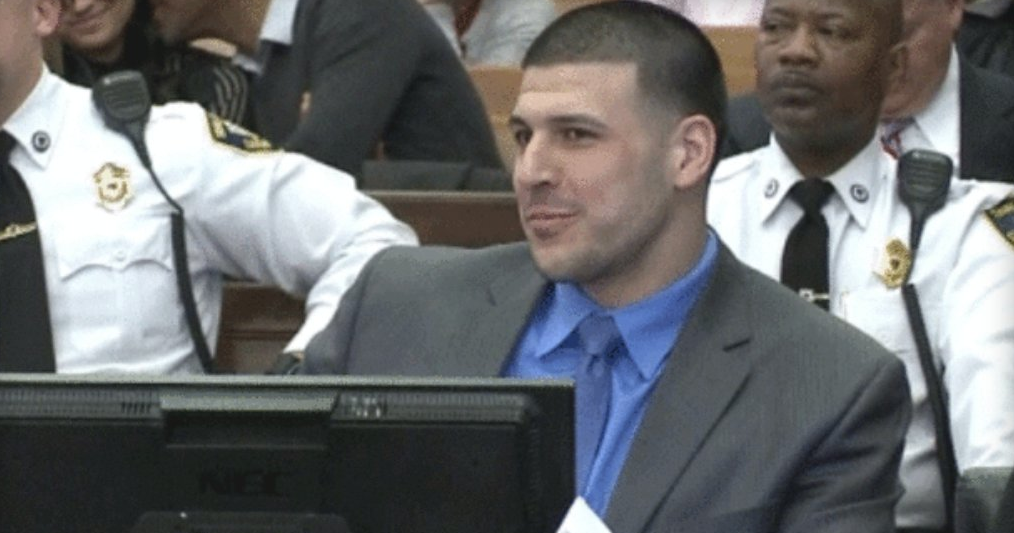Aaron Hernandez Not Guilty of Double Murder
14 Apr, 2017
A jury on Friday cleared Aaron Hernandez of committing a double murder in 2012, handing the former New England Patriots star his first significant legal victory since his shocking arrest for a third slaying in 2013.
But the once-promising athlete, who nodded and choked back tears when the verdict came down on the jury’s sixth day of deliberations, will not taste freedom anytime soon.
He is already serving a life sentence for the fatal shooting of Odin L. Lloyd in June 2013. An appeal of his first-degree murder conviction in that case will be heard at a later date.
After rendering their verdict Friday, jurors declined to comment, except for a brief statement that foreperson Lindsey Stringer read. She said the jury “based our decision on the evidence presented and the law” but took no questions.
Relatives of Daniel de Abreu and Safiro Furtado, the two men Hernandez was charged with killing in July 2012, sobbed when the acquittal came down in Suffolk Superior Court.
Maria Teixeira, Furtado’s mother, struggled to keep her composure before the verdict was even announced, and later left the courtroom in tears.
Hernandez, 27, turned toward Shayanna Jenkins-Hernandez, his longtime fiancee and the mother of his daughter, and said “I love you.”
Jenkins-Hernandez cried as well, holding the hands of two friends and nodding furiously with her eyes shut. She later told reporters she was “very happy.”
It was a sentiment echoed by Ronald Sullivan, one of Hernandez’s lawyers, who said the “actual perpetrator of this crime was given immunity by the Commonwealth. He [Hernandez] was charged with something that someone else did.’’
Sullivan was referring to Alexander Bradley, the star prosecution witness who testified under an immunity deal.
He told jurors he was driving Hernandez’s Toyota 4Runner when the athlete reached across him and fired five shots into the victims’ BMW in the early morning hours of July 16, 2012.
The defense argued that Bradley, an admitted drug dealer currently jailed in Connecticut for shooting up a Hartford club in 2014, shot de Abreu and Furtado over a drug sale.
District Attorney Daniel F. Conley bristled at what he said was the defense’s “inappropriate” portrayal of the victims, two immigrants who worked nights cleaning offices.
“These were two hardworking, humble Cape Verdean immigrants trying to make a life here in this country,” Conley said. “These were two good young men whose lives were ruthlessly and senselessly taken.”
Bradley’s testimony over three-plus days on the stand was often riveting.
He portrayed Hernandez as a wildly impulsive athlete who, despite his fame and limitless potential, was prone to rages over minor slights, especially at the Boston clubs they frequented.
One such instance occurred at Cure Lounge about two hours before the killings, Bradley said, when de Abreu bumped into Hernandez and spilled a drink on him. Rather than apologize, de Abreu smirked at Hernandez, touching off the deadly drive-by at the corner of Shawmut Avenue and Herald Street, according to Bradley.
He said Hernandez became increasingly paranoid in the months after the killings, banning friends from using iPhones in his presence and constantly looking over his shoulder for undercover detectives. He even thought police were tracking him from the sky by helicopter.
His paranoia reached a fever pitch early on Feb. 13, 2013, Bradley said, when Hernandez shot him in an SUV after a night of heavy partying in South Florida and left him for dead in a parking lot.
The jury refused to credit that account as well, acquitting Hernandez of a witness intimidation charge stemming from the alleged Florida shooting. Hernandez was also cleared of firing at the three surviving victims in the South End drive-by, but was convicted of illegal gun possession. He was immediately sentenced to serve four to five years in prison on that charge.
Jose Baez, Hernandez’s lead attorney, aggressively attacked Bradley’s credibility, deriding him on the stand as “a killer” nicknamed Rocky because “you rock people to sleep.”
He highlighted Bradley’s correspondence with Hernandez after the Florida shooting, when he threatened to sue and kill the athlete, bragged about his personal weapons arsenal, and said he had “wolves” ready to assist him in committing acts of violence.
And in perhaps the most damaging blow to Bradley’s credibility, Baez repeatedly pointed to a text he sent to his lawyer in July 2013 expressing concern about being charged with perjury in a related case.
But prosecutors also had strong moments, including First Assistant District Attorney Patrick Haggan’s impassioned, 90-minute closing argument.
He reminded jurors that the “murder car,” Hernandez’s 4Runner, was found hidden in a Bristol, Conn., garage belonging to Tanya Singleton, Hernandez’s closest relative, nearly a year after the killings.
“Is that murder car found at the closest relative of Alexander Bradley’s house?” Haggan had asked. “Do you think” Singleton and her husband “are going to hide a murder car for Alexander Bradley? Seriously?”
He also said the murder weapon was recovered from a woman with links to Hernandez. And, Haggan urged jurors to remember that Hernandez got a tattoo in the spring of 2013 depicting a six-shot revolver cylinder with one empty chamber, as well as the phrase “God Forgives” on his right arm.
“What is he asking God to Forgive?” Haggan asked.
Initially during deliberations, it appeared jurors were leaning toward a conviction. They asked Judge Jeffrey Locke on the day they got the case if they needed corroboration to back up specific testimony from an immunized witness, if they believed the statements provided “enough evidence for a conviction.”
Baez said in a brief phone interview that the defense team was “shocked” when the jury put that question to Locke.
At the same time, however, he thought at least two jurors were against a conviction, based on their body language and demeanor at trial.
“I wish them all the best,” Baez said of Hernandez and Jenkins-Hernandez. “I know we’re one step closer to reuniting them.”
Jurors heard from Jenkins-Hernandez, who testified as a reluctant prosecution witness and stunned courtroom observers, describing a routine where she and Hernandez moved in separate circles.
She said at one point that she “stayed in the room and did what I had to do.” Jurors also heard excerpts from her earlier grand jury testimony, where she said she “learned to keep my mouth shut in certain situations. . . . I played my role.”
Her fiance, whose career highlights included a Super Bowl touchdown and a $40 million contract he signed soon after the double murder, will continue playing a role he has grown accustomed to — that of a maximum security inmate at Souza-Baranowski Correctional Center in Shirley.
Conley, the district attorney, said the victims’ families are taking solace in that.
“That’s certainly comforting to the families downstairs,” Conley said. “In fact, that was said by one of the family members — ‘at least he’s not walking out the door today.’ ”
Boston Globe
Image 48hours twitter
Mentioned In This Post:
About the author
Related Posts
-
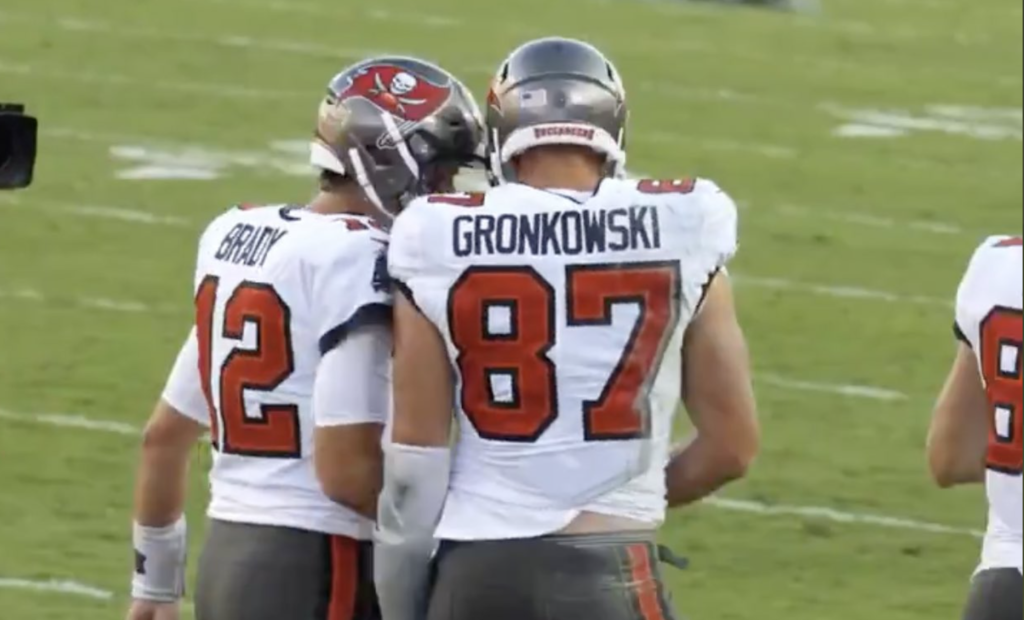
F*ck You Father Time!
-
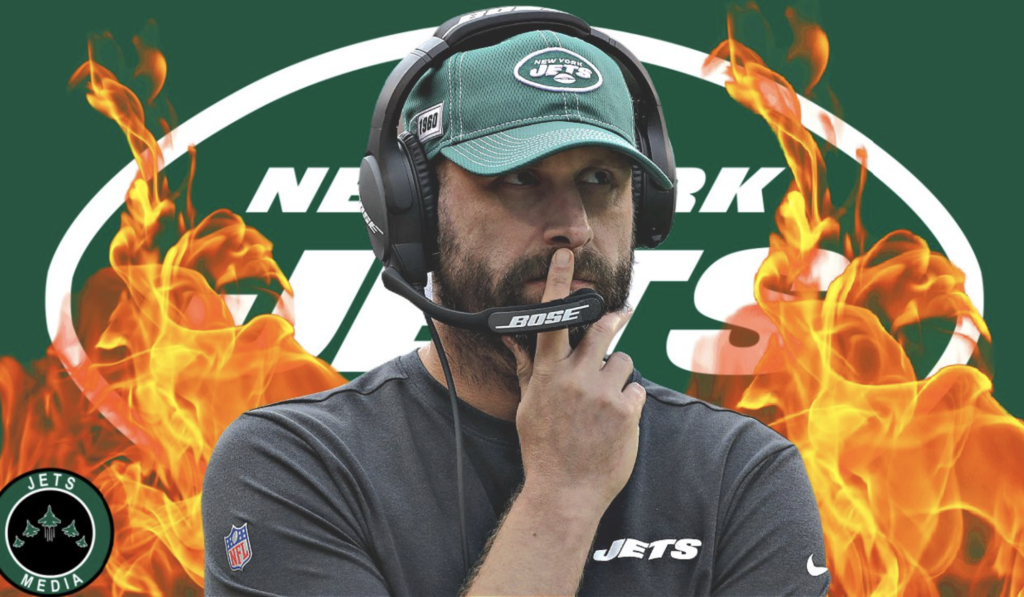
What The Hell Are The Jets Doing?
-
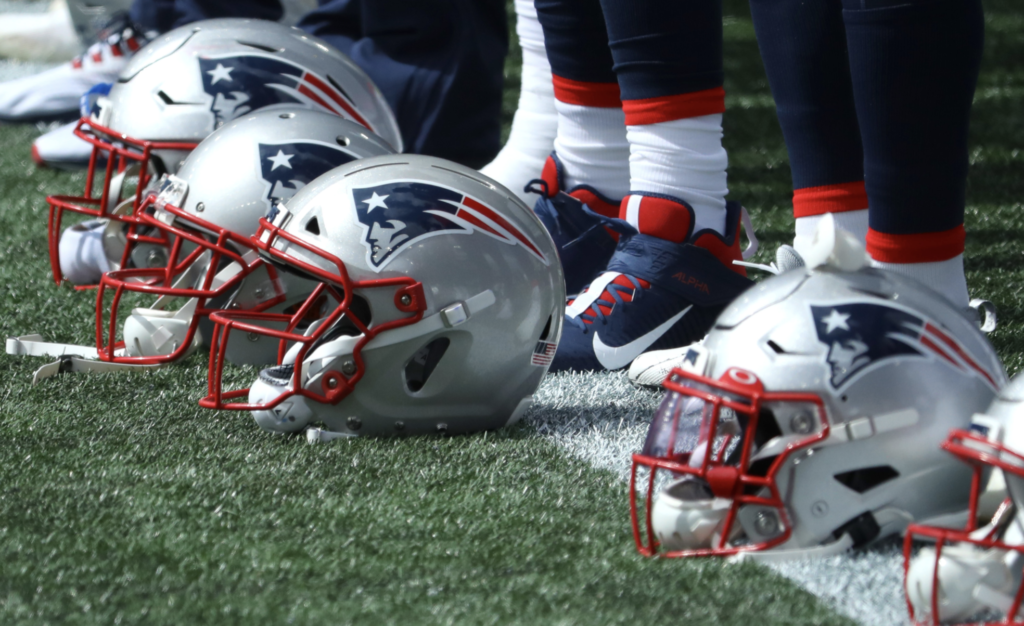
Corona Virus Won't Leave The Patriots Alone
-

Patriots Coming Through for our Country
-
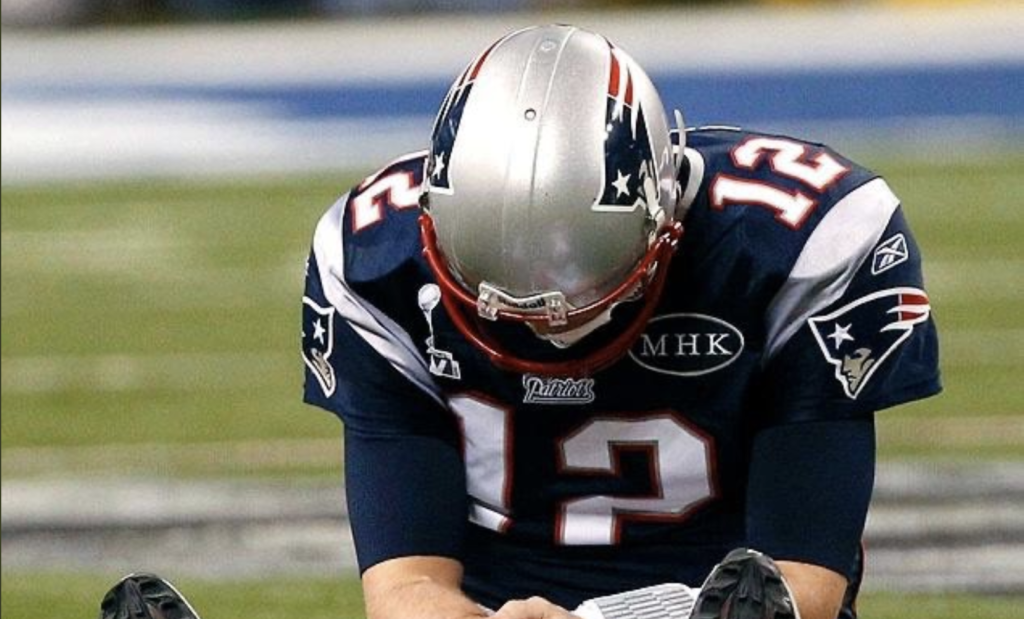
The Mighty Has Fallen
-
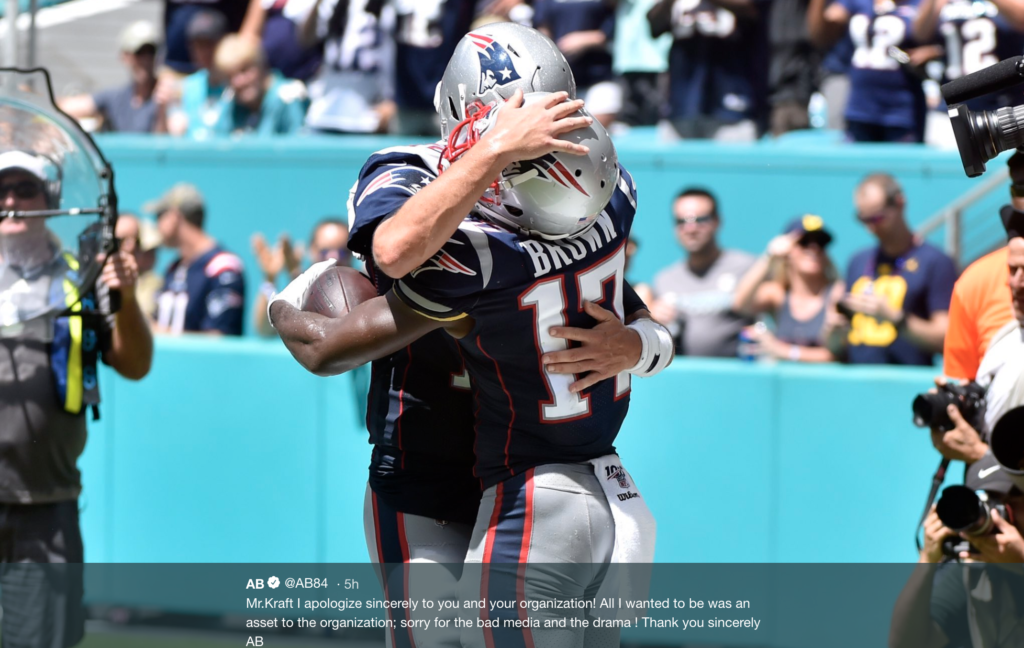
AB Has a Message For Patriots Owner
-

Is Tom Trolling All Of us?
-
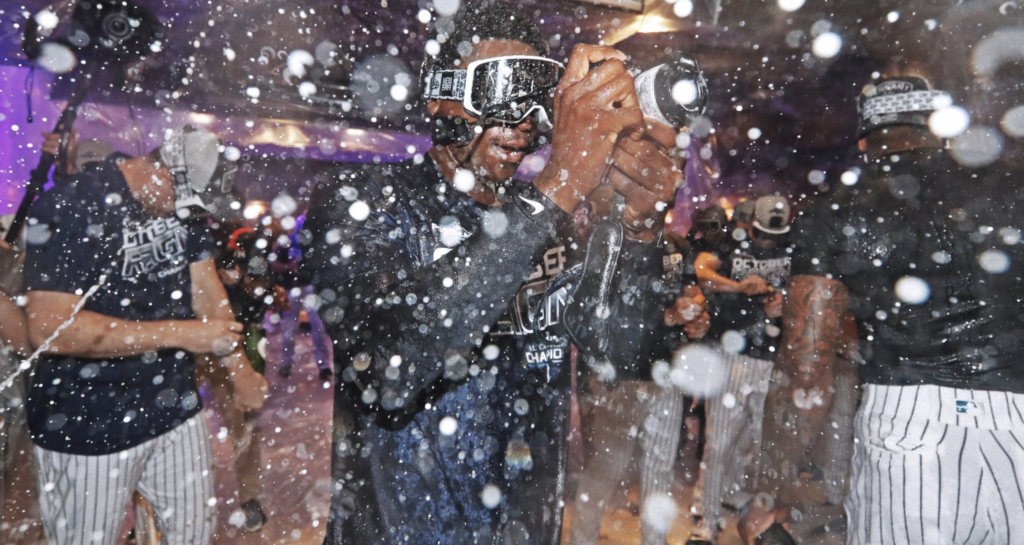
The Champagne Is Flowing In NYC Once Again
-
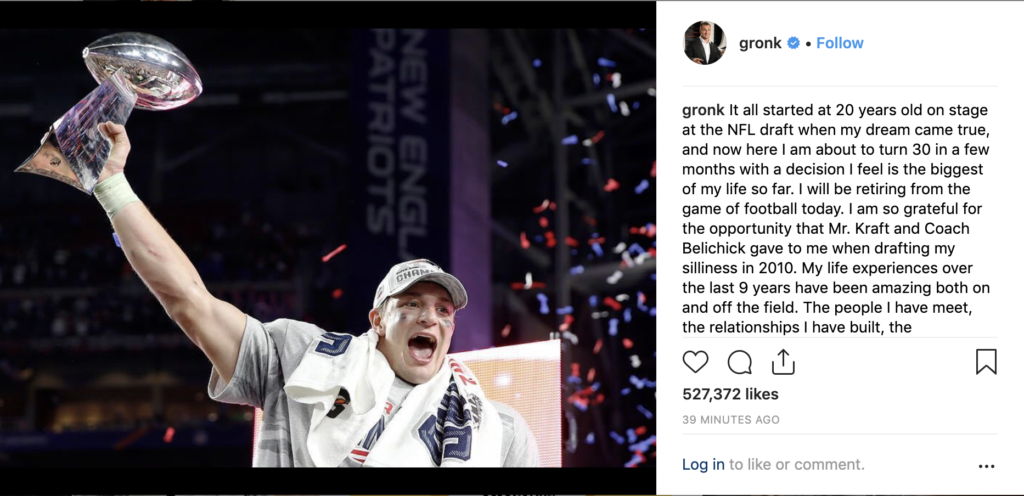
So Long Gronk, See You in Canton!
-
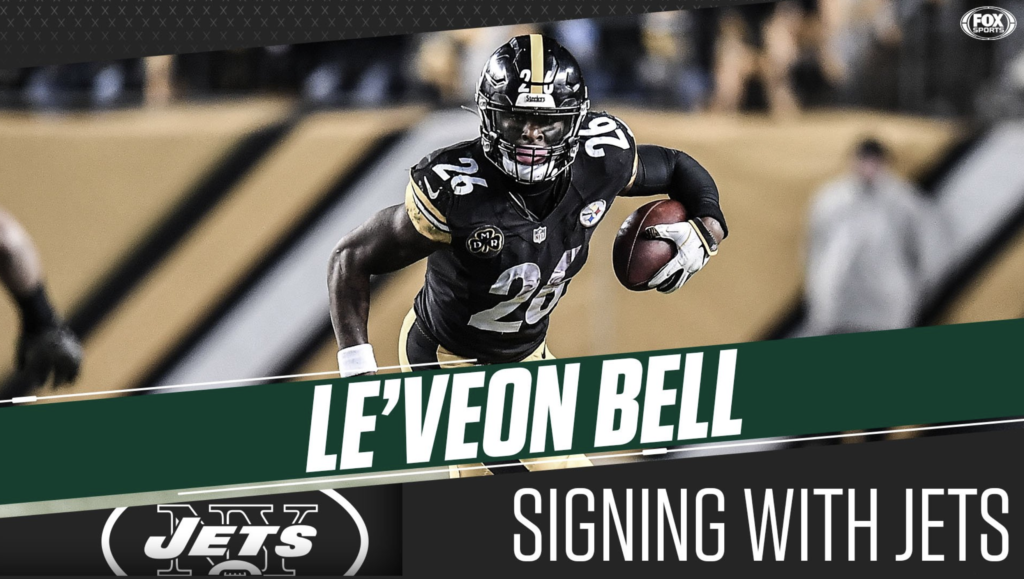
If You Are About It, Gamble on Yourself!

